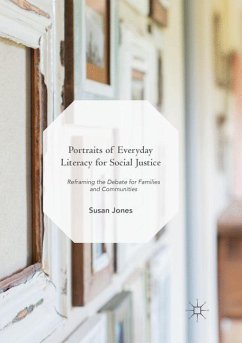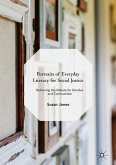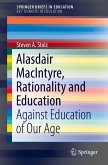Based on an ethnographic study involving three families who live on a Midlands council housing estate, this book presents portraits of everyday lives - and the literacy practices that are part of them - as a way to explore the complex relationship between literacy and social justice. Each portrait focuses on a different aspect of literacy in everyday life: drawing on perspectives offered by the long and diverse tradition of literacy studies, each is followed by discussion of a different way of looking at literacy and what this means for social justice. The lens of literacy allows us to see the challenges faced by many families and communities as a result of social policy, and how a narrow view of literacy is often implicated within these challenges. It also illustrates the ways in which literacy practices are powerful resources in the creative and collaborative navigation of everyday lives.
Arguing for the importance of looking carefully at everyday literacy in order to understand the intertwining factors that threaten justice, this book positions literary research and education as central to the struggle for wider social change. It will be of interest and value to researchers, educators and students of literacy for social justice.
Arguing for the importance of looking carefully at everyday literacy in order to understand the intertwining factors that threaten justice, this book positions literary research and education as central to the struggle for wider social change. It will be of interest and value to researchers, educators and students of literacy for social justice.








